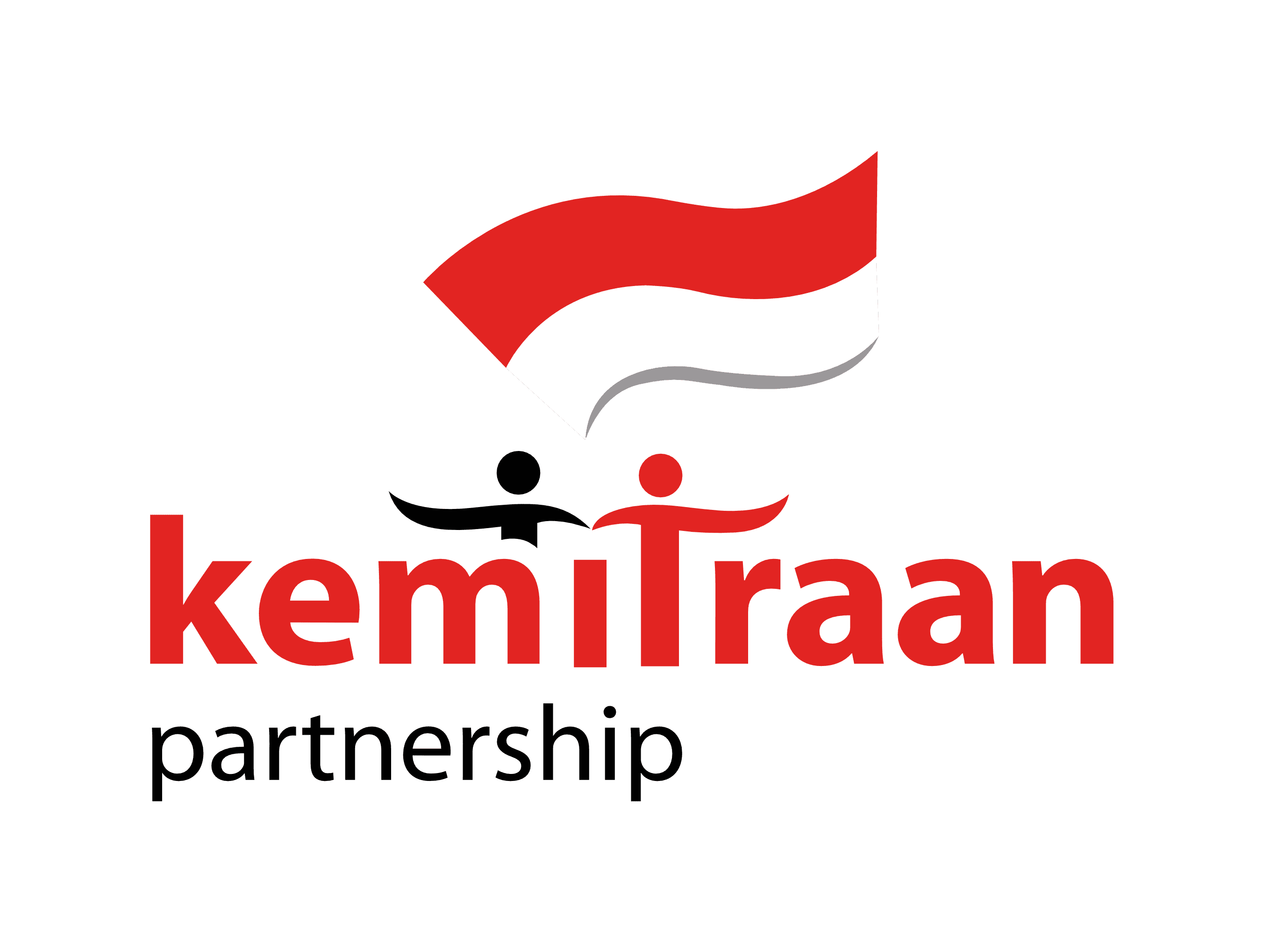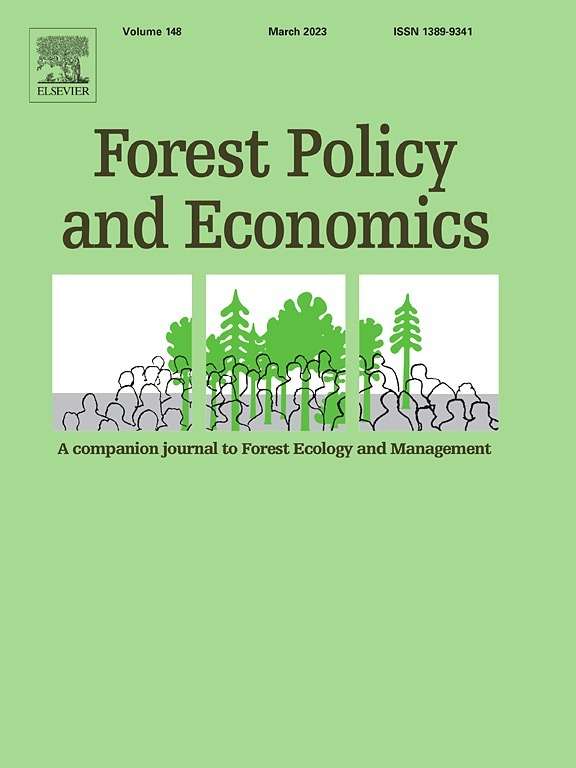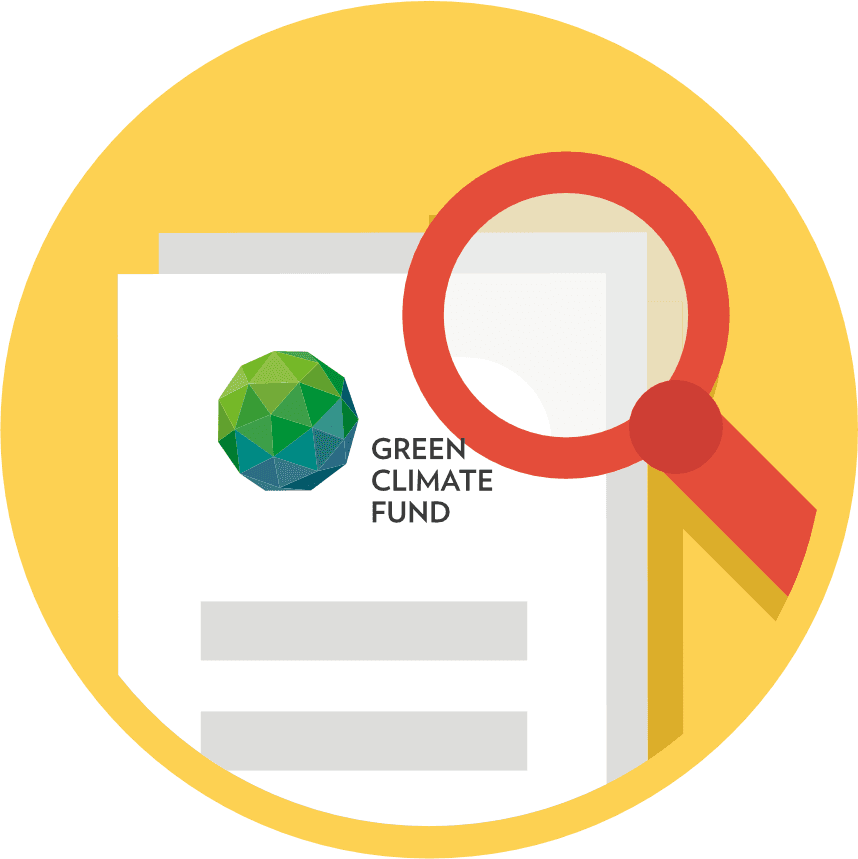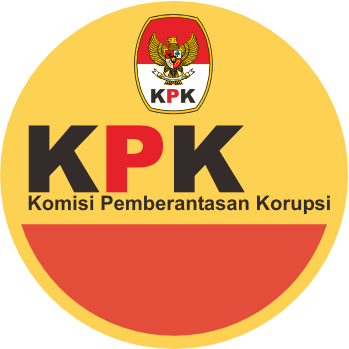21 February 2023 – 26 October 2045

The Indonesian Government has set a target for the country’s involvement in the group of high-income countries by 2045 while committing to decreasing greenhouse gas emissions, including reducing forest loss. To achieve both targets, the Government plans land-use development with low, inclusive, integrated, and informed emissions, contributing to maintaining economic growth. However, expanding farmland, plantations, and infrastructure projects require converting forest areas to support economic development. A lower profit and the inefficient operation of the current forestry business also motivate a more extensive conversion of forests to other land uses. Strategi dan rencana tata kelola yang lebih baik diperlukan untuk mengatasi masalah kompleks politik lokal, unit pengelolaan hutan, rencana tata ruang, revegetasi kawasan bekas tambang, pengelolaan kebakaran, pengelolaan daerah aliran sungai, produktivitas lahan hutan, keterlibatan sosial, reformasi lahan, dan aspek hukum. Improving these governance aspects is crucial to accelerating economic growth and ensuring minimum forest loss.
This paper discusses the possibility of achieving a government target to end deforestation and place Indonesia among high-income countries by 2045. This paper indicates that without any improvement in forest management and governance, the Government’s target to secure Indonesia as a high-income country by 2045 will be delayed by about ten years, with more significant forest loss. This paper also proposes several enabling strategies to create a minimum forest loss and continuously gain higher per capita income in the forthcoming years.
Research Team:
1. Dodik Ridho Nurrochmat (Department of Forest Management, Faculty of Forestry & Environment, IPB University Bogor, Indonesia)
2. Suryanto (Nature Resource & Environment Management Program, Graduate School, IPB University Bogor, Indonesia & Agency for Standardization of Environment and Forestry Instrument, Ministry of Environment and Forestry of the Republic of Indonesia, Indonesia)
3. Nugraha Akbar Nurrochmat (Department of Forest Management, Faculty of Forestry & Environment, IPB University Bogor, Indonesia)
4. Suria Tarigan (Department of Soil Science and Land Resource Management, Faculty of Agriculture, IPB University Bogor, Indonesia)
5. Dewi Lestari Yani Rizki (KEMITRAAN – The Partnership for Governance Reform, Jakarta, Indonesia)
6. Irendra Radjawali (KEMITRAAN – The Partnership for Governance Reform)
7. Hery Sulistio (KEMITRAAN – The Partnership for Governance Reform)
Read the full story at March 2023 issue of Forest Policy & Economics Journal







